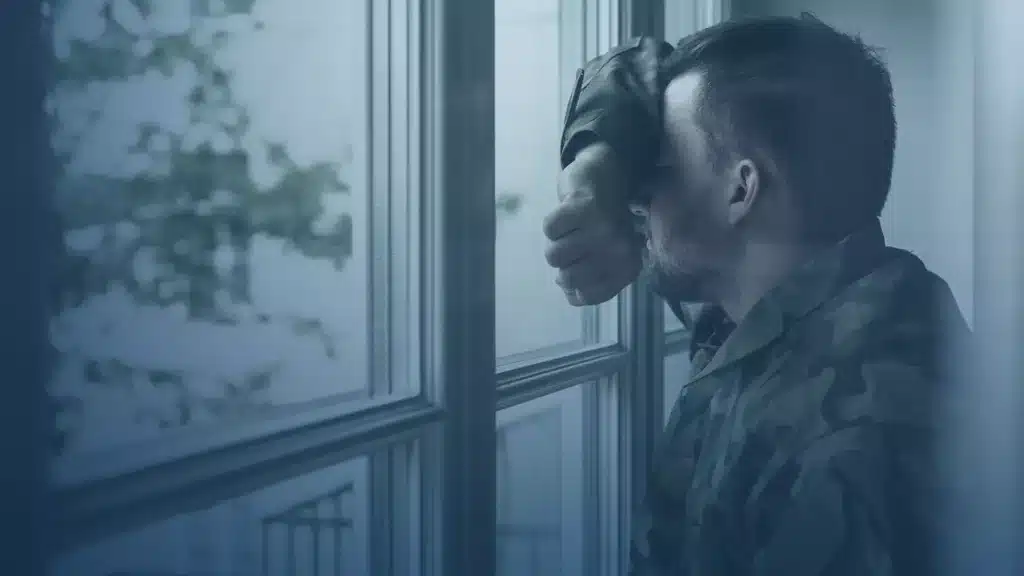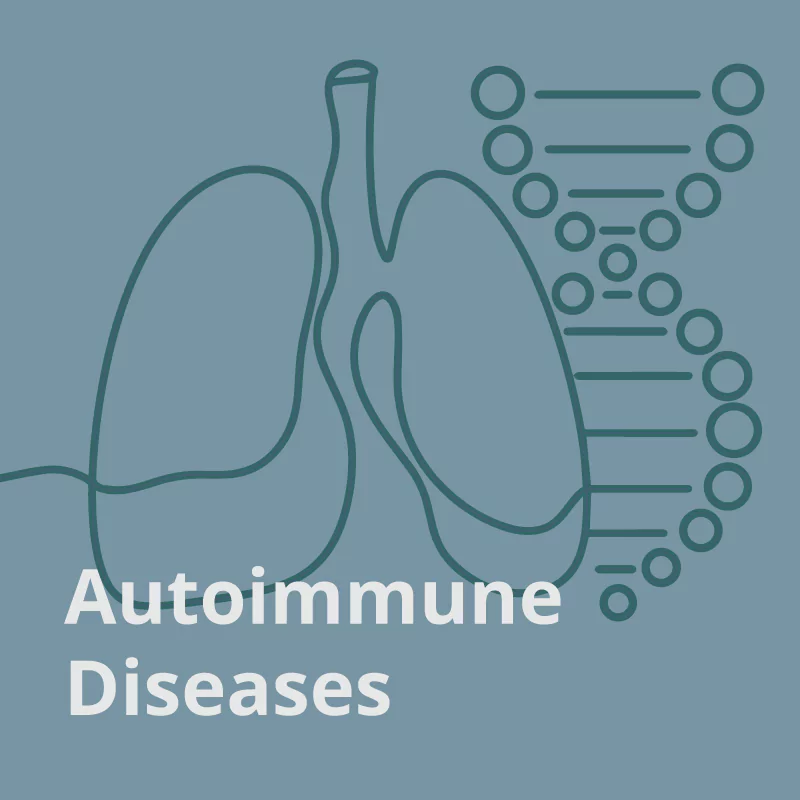Common Mental Health Issues for Veterans

Veterans face unique mental health challenges that stem from their time in service. Whether they experienced combat exposure, prolonged stress, or the difficulties of reintegration into civilian life, many struggle with serious psychological conditions that can impact every aspect of their well-being. Unfortunately, mental health disorders are often misunderstood, underdiagnosed, or ignored, leaving Veterans without the care and compensation they need.
The Department of Veterans Affairs (VA) offers disability benefits for service-connected mental health conditions, but securing these benefits can be an uphill battle. Many Veterans face denials, low disability ratings, or long wait times, making it difficult to access the support they deserve. At Veterans Law Group, we specialize in helping Veterans win their mental health claims so they can receive the proper care and financial assistance they need to move forward.
Throughout the years we’ve helped countless Veterans secure the benefits they deserve. Here are some of the most common mental health issues we help Veterans with:
Common Mental Health Issues We Help Veterans With
Post-Traumatic Stress Disorder
PTSD is one of the most well-known mental health conditions affecting Veterans. It develops after exposure to traumatic events such as combat, witnessing death, life-threatening situations, or prolonged stress in high-risk environments. Veterans with PTSD often experience flashbacks, nightmares, severe anxiety, emotional numbness, and difficulty adjusting to daily life.
Many Veterans also struggle with hypervigilance, irritability, and difficulty maintaining relationships due to PTSD. The VA recognizes PTSD as a service-connected condition, but proving service connection, severity, and the impact on daily functioning can be challenging. At Veterans Law Group, we help Veterans build strong cases backed by medical evidence, service records, and expert opinions to ensure they receive the highest possible disability rating.
PTSD Due to Military Sexual Trauma
Military Sexual Trauma (MST) is an unfortunately common yet often overlooked issue among Veterans. MST includes sexual harassment, assault, or other forms of sexual violence that occur during military service. Veterans of all genders can be affected, and many suffer from PTSD, depression, anxiety, and other severe mental health conditions as a result.
Unlike PTSD from combat, MST-related PTSD can be more difficult to document, especially if the Veteran did not report the incident at the time. Many survivors experience shame, fear, or reluctance to come forward, which can lead to VA denials due to a lack of evidence. However, Veterans Law Group handles MST cases with confidentiality, compassion, and aggressive legal advocacy to ensure survivors receive the compensation they deserve.
Schizophrenia and Schizoaffective Disorder
Schizophrenia and Schizoaffective Disorder are serious mental illnesses that can severely impact a Veteran’s ability to function in daily life. These conditions often involve hallucinations, delusions, paranoia, disorganized thinking, and emotional instability. Many Veterans who develop schizophrenia may have early warning signs during service or shortly after discharge, but due to the stigma surrounding mental illness, they may not receive a proper diagnosis until much later.
Schizoaffective Disorder is a combination of schizophrenia and mood disorder symptoms, such as depression or bipolar disorder. Veterans with this condition often require lifelong treatment, yet the VA frequently underrates or denies claims due to a lack of understanding of the disorder’s impact. At Veterans Law Group, we work with psychiatrists and medical experts to ensure that Veterans suffering from these conditions receive the highest possible VA rating.
Generalized Anxiety Disorder (GAD), Panic Disorder, and Agoraphobia
Many Veterans develop severe anxiety disorders due to the stress and trauma they experienced in service. Generalized Anxiety Disorder (GAD) is characterized by excessive worry, restlessness, and difficulty concentrating, which can make it difficult to work, maintain relationships, or engage in daily activities.
Some Veterans develop Panic Disorder, which involves sudden, intense episodes of fear, heart palpitations, shortness of breath, and dizziness. This can make them fearful of going into public spaces or participating in social activities, leading to agoraphobia — a condition where individuals avoid certain situations due to extreme fear of panic attacks. Unfortunately, the VA often underrates anxiety disorders, failing to recognize the true impact on a Veteran’s daily life.
Bipolar Disorder
Bipolar Disorder is a severe mood disorder that causes extreme fluctuations between manic episodes (high energy, impulsivity, racing thoughts) and depressive episodes (severe sadness, fatigue, and suicidal thoughts). Many Veterans who suffer from Bipolar Disorder experience disruptions in their ability to work, maintain relationships, and manage daily responsibilities.
Although Bipolar Disorder can be service-connected, proving the link between military service and the condition can be difficult — especially if symptoms began after discharge. Many Veterans go years without a diagnosis or proper treatment, leading to increased financial and emotional distress.
Major Depressive Disorder (MDD) and Unspecified Depressive Disorder
Depression is one of the most common mental health conditions affecting Veterans. Major Depressive Disorder (MDD) is a severe form of depression that can lead to persistent sadness, hopelessness, suicidal thoughts, and a loss of interest in daily activities. Many Veterans with MDD struggle with insomnia, chronic fatigue, and difficulty maintaining employment or relationships.
Some Veterans may be diagnosed with Unspecified Depressive Disorder, which means they exhibit symptoms of depression but do not meet the full diagnostic criteria for MDD. However, this does not make the condition any less debilitating. Many Veterans with depression face significant barriers when applying for VA disability benefits, as the VA often fails to fully recognize how debilitating depression can be.
Why Veterans Struggle to Get Mental Health Benefits from the VA
Although the VA recognizes many mental health conditions as service-connected, Veterans frequently face difficulties when applying for disability benefits. Mental health claims often require extensive documentation, medical evidence, and a clear connection to military service, yet the VA regularly denies claims, assigns unfairly low ratings, or prolongs the process with unnecessary evaluations.
At Veterans Law Group, we understand these challenges and have spent decades helping Veterans overcome the barriers imposed by the VA. Below are some of the most common issues Veterans face when seeking mental health disability benefits — and how our legal team can help.
Denial of Service Connection
One of the most frequent reasons the VA denies mental health claims is by stating that the condition is not service-connected. This means the VA does not believe there is enough evidence proving that the mental health condition developed as a direct result of military service.
This can be particularly frustrating for Veterans suffering from conditions like PTSD, anxiety, or depression, which may not have been officially diagnosed until years after discharge. Many Veterans did not seek treatment while on active duty due to the stigma surrounding mental health care, making it harder to provide contemporaneous medical records as proof. Additionally, some conditions — such as schizophrenia or bipolar disorder — may not have fully developed until after leaving service, even though early symptoms may have been present.
At Veterans Law Group, we know how to prove service connection even when military records lack direct documentation of a condition. We work with medical experts, psychiatrists, and vocational specialists to establish a clear link between service-related experiences and current mental health conditions. Whether through buddy statements, medical opinions, or historical evidence, we help Veterans build strong cases that force the VA to recognize their conditions as service-connected.
Unfairly Low Disability Ratings
Even when the VA approves a mental health claim, it frequently assigns a rating that is too low, preventing Veterans from receiving the full compensation they deserve. The VA rates mental health conditions based on symptom severity, functional impairment, and the impact on work and daily life, with possible ratings of 0%, 10%, 30%, 50%, 70%, or 100%. Unfortunately, many Veterans receive a much lower rating than they should, leading to reduced financial support and limited access to VA healthcare benefits.
For example, a Veteran suffering from severe PTSD, panic attacks, or major depression may receive only a 30% or 50% rating, even though their symptoms completely prevent them from maintaining employment. The VA often underestimates the severity of mental health conditions, leading to inadequate compensation that does not reflect the true impact of the disability.
At Veterans Law Group, we fight to ensure that Veterans receive the highest possible rating for their condition. We start with having your treating mental health providers provide comprehensive medical assessments that document how symptoms affect daily life, social relationships, and the ability to work. If the VA lowballed your rating, we can file an appeal to increase your percentage and secure the full benefits you deserve.
Misinterpretation of Medical Evidence
The VA requires strong medical evidence to approve mental health claims, but VA examiners often misinterpret psychiatric evaluations, downplay symptoms, or fail to recognize the full impact of a condition. Many Veterans go through Compensation & Pension (C&P) exams only to receive an evaluation that does not accurately reflect their symptoms.
For example, a Veteran suffering from severe depression, anxiety, or PTSD may have good communication skills during an evaluation, leading an examiner to conclude that the Veteran is not significantly impaired, despite overwhelming evidence of functional limitations in real-life situations. This can result in a denied claim or an unreasonably low rating.
The VA may also disregard private medical opinions or claim that the Veteran’s mental health condition is caused by non-service-related factors, such as personal stressors, substance use, or family issues, rather than military service. This misinterpretation of evidence can lead to unfair denials or reductions in benefits.
At Veterans Law Group, we challenge VA examiners’ mistakes by providing clear, compelling medical documentation from your actual treating mental health providers, and if necessary independent psychiatric professionals. We ensure that the VA accurately assesses your symptoms and does not dismiss legitimate evidence that supports your claim. If you received an unfair decision, we can file an appeal with stronger medical opinions and expert reports to correct the VA’s errors.
Multiple Evaluations and Delays
The VA claims process can be lengthy and frustrating, often requiring Veterans to undergo multiple evaluations, additional medical exams, or repeat paperwork before reaching a decision. These delays prolong suffering, making it difficult for Veterans to access much-needed healthcare and financial support.
Some Veterans are forced to attend multiple C&P exams where VA doctors continue to question their symptoms or downplay their severity. Others experience unnecessary delays caused by VA backlogs, lost paperwork, or requests for additional evidence that should not be needed. These obstacles add emotional and financial strain, forcing Veterans to wait months or even years for the benefits they are owed.
At Veterans Law Group, we know how to speed up the process and prevent unnecessary delays. Our legal team ensures that the VA has all required evidence from the start, reducing the chances of repeated evaluations or additional requests for documentation. If the VA unjustly prolongs your case, we take aggressive action to move your claim forward, challenge delays, and ensure that your case receives the attention it deserves.
Veterans Law Group Will Fight for You
At Veterans Law Group, we understand the barriers Veterans face when trying to secure VA disability benefits for mental health conditions. The VA’s system is complex, slow, and often unfair, but you don’t have to navigate it alone.
Our legal team has decades of experience fighting back against VA mistakes, challenging wrongful denials, and ensuring Veterans receive the highest possible compensation.
Here’s how we help:
- We build strong, evidence-backed claims that establish clear service connection.
- We fight for the highest possible disability rating based on symptom severity.
- We challenge VA examiners’ mistakes and ensure that mental health conditions are properly evaluated.
- We handle appeals and disputes so that Veterans don’t have to fight the VA alone.
- We work on a contingency basis, meaning you don’t pay us unless we win your case.
If you are struggling to get the VA mental health benefits you deserve, don’t wait. The longer you delay, the more time you spend without the compensation and support you need.
How We Can Help You Win Your Claim
If you have been denied VA disability benefits for a mental health condition, received an unfairly low rating, or are struggling with the appeals process, Veterans Law Group is here to help. We have helped thousands of Veterans secure millions of dollars in back pay for service-connected mental health conditions.
Our legal team will:
- Gather strong medical evidence to prove the severity of your condition.
- Work with your treating mental health providers to document how your disability affects your daily life.
- Challenge VA denials and low ratings to maximize your compensation.
- Represent you throughout the appeals process to ensure your case is as strong as possible.
You served your country — now let us fight for you. If you are struggling with PTSD, anxiety, depression, or another mental health condition related to your service, don’t navigate the VA claims process alone. Contact Veterans Law Group today for a free case review, and let us help you get the benefits you deserve.
Related Services
Related Blogs
Not Sure If You Can Appeal? Ask Us Today.
What Other Veterans Have To Say About Us
★★★★★
The experience and resources at the Veterans Law Group provided the help I needed and because of this I am most grateful. Be patient, reach out and allow this team to work with you.
– Michael D., Philadelphia, PA
★★★★★
This was the best decision I have ever made. Thank you Kelsey and Mychell for your professionalism and attention to detail. I am so grateful for everything that you have done for me. Don’t waste time. Go straight to the best!!!
– Michele Safos
★★★★★
During my long fight with VA, Mark and his staff of excellent paralegals stayed the course, remained professional, yet aggressive during our battle with the VA Appeals system. Let’s just say, the end result was truly a blessing for me and my family’s future- THANK YOU VETERANS LAW GROUP!!!!
– Marieco Myart











